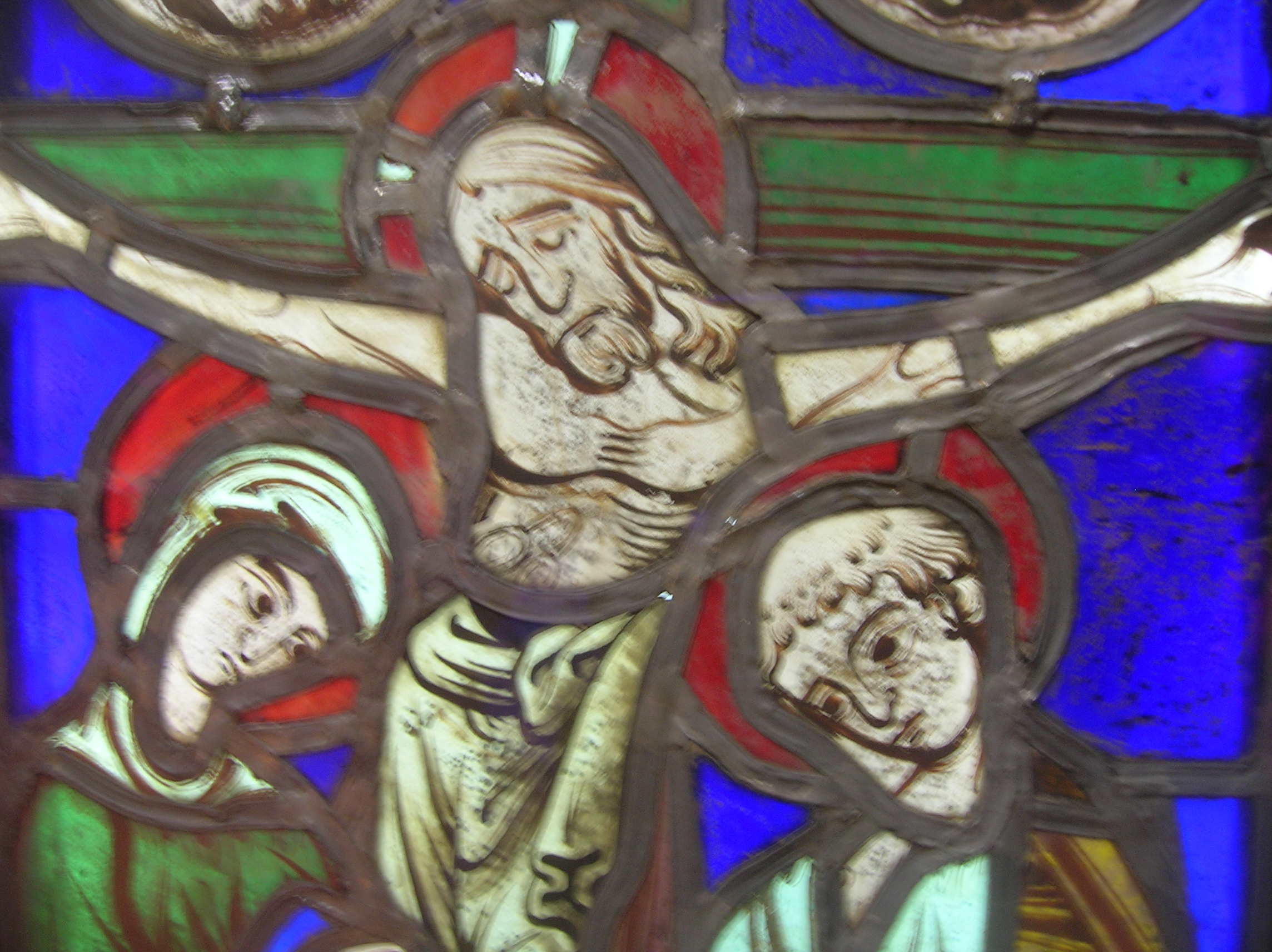I like sausage. While I don’t like every kind of sausage I’ve ever tried, I like many of them. From what I’ve heard though, if I want to continue eating sausage I ought to avoid sausage factories. If I visited a sausage factory I’d see what goes into it – all the parts of the animal that people in our culture won’t buy any other way.
Paul addresses most of his epistles to “saints.” The saints in Rome, the saints in Corinth, the saints in Thessalonica, are the recipients of these letters. We think “saint” and “really holy, righteous person” comes to mind. Then we start reading these letters and we discern from Paul’s comments that these folks were not what we’d call “really holy, righteous people.” Yes, they had come to follow Jesus. Yes, they were church members and church leaders. But they didn’t get everything right. A fair number of them still looked like sinners.
We know the message of Jesus was holiness and righteousness. But we make some mistakes when we hear that message and try to instantiate it in our churches.
First, we sometimes thing that Jesus is telling us that being holy and righteous is the way to get in. That’s why I have people in my churches who ask, “Preacher, am I good enough to get in yet?” The answer is always, “No, but it doesn’t make any difference.” It’s not goodness that gets us in, it’s Jesus.
Second, we expect that righteousness and holiness from others. If we’re insiders of the church, assuming our own righteousness and holiness, we might exclude folks who just aren’t as good as we are. If we’re outsiders contemplating coming in, we might shy away or give up when we discover that the insiders (the folks who are already there) are a bunch of hypocrites, proclaimers of a righteousness and holiness they fail to embody.
An easy response would be to say that righteousness and holiness are completely irrelevant. Since we are saved entirely by Jesus, what we do doesn’t matter. Since what we do doesn’t matter we can do whatever we want. Problem is, that doesn’t look like Jesus (or the rest of the NT) either.
I have a few suggestions as we seek to protect people from the “sausage factory” of the church.
First. we need to be forthright about our sin. Sin is not just a matter of imperfection (we’re only human), not just a small thing. Sin is big enough that it brought Jesus into the world and to the cross. Our sin is never to be easily dismissed or excused.
Second, complete forgiveness is available through Jesus. We confess, he forgives. We repent, we find deliverance.
Third, as we experience the mercy of God found in Jesus, we learn to live lives of gratitude. We let our expression of gratitude crowd out our experience of sinfulness (I’m just a horrible worm, worthy of nothing but hell) and our status of saint (I’m holy and righteous) so that the people around us get the sense that what we are is due to Jesus.
Fourth, we don’t present the church as a utopia – a place for perfect people. There’s a sense in which the common image is true: church is like a hospital. A hospital is a place for healing of the sick; a church is a place of healing for sinners. No sick folk, no hospital; no sinners, no church.
Fifth, it’s usually wise to avoid the particulars when talking to the church as a whole. It’s not usually effective in our setting to shame people into repentance. More often that strategy repels people. So we admit upfront that we are sinners, that we are a place for healing and forgiveness, but observe a sort of spiritual HIPAA when in public.
Sixth, sometimes we have to deal with particulars. We have troublesome church members. We have sin addicts sometimes in prominent positions in the church. This is the heart of the sausage factory. In at least some cases it it is the job of the leader (or leaders) to just bear with people. We seek their deliverance form sin, their healing from its effects. But we don’t advertise the sin or what we’re doing about it.
What do you think? Have you found effective ways to handle the “sausage factory” like aspects of the discipleship process?
